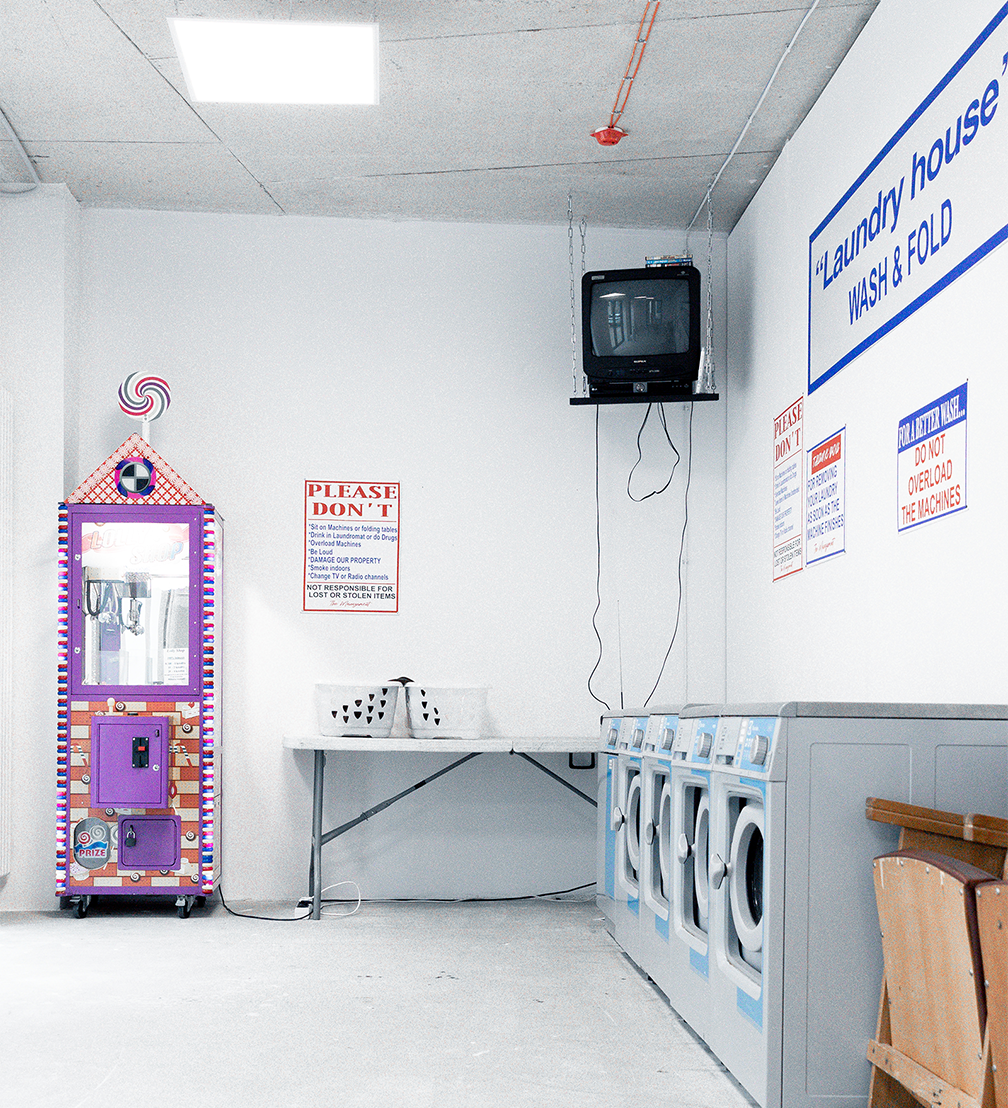
Since mid-July, the pop-up space of the streetwear brand Backdoor Market and the coffee roastery Kalve, Laundry House, has been open in Riga. Visitors pass through a backdoor of an improvised laundromat to enter a store. But the focus here is not on selling clothes — it’s on the community, with the store doubling as a café, skate park, co-working space, and a venue for various events. The Laundry House clothing collection is rooted in memories of growing up in Eastern Europe, and this collective nostalgia seems to have captured many hearts — Backdoor Market t-shirts can be seen on the streets of Riga at every turn.
To enter the Backdoor Market x Kalve pop-up space, you literally have to go through the back door, passing through a laundromat installation where, alongside five broken washing machines, there is an arcade game where you can try your luck at fishing out sweets, an old TV, and a radio that blasts Latvian music. Laundromat rules are taped to the walls — it is a slightly ironic reference to the inspiration behind the Laundry House. «The idea for a backdoor-market-themed laundromat came last year, during the preparations for our first runway show. There were a few pieces that needed to be stonewashed. Due to constraints of time, we did not manage to send them to Lithuania, where it would have been done professionally. Instead, we decided to do it ourselves, using scrub stones in the shared laundromat of our friend’s apartment building. Soon after, the owner of the property had posted on Facebook that he was in search of the culprit who had damaged the washing machines. Our little scheme,cost us 4600 euros, and now we had five broken and rusted washing machines at our disposal. That signified the inauguration of Laundry House, a place for major or minor fuck-ups,» says Reinis Ulme, founder and designer of Backdoor Market.
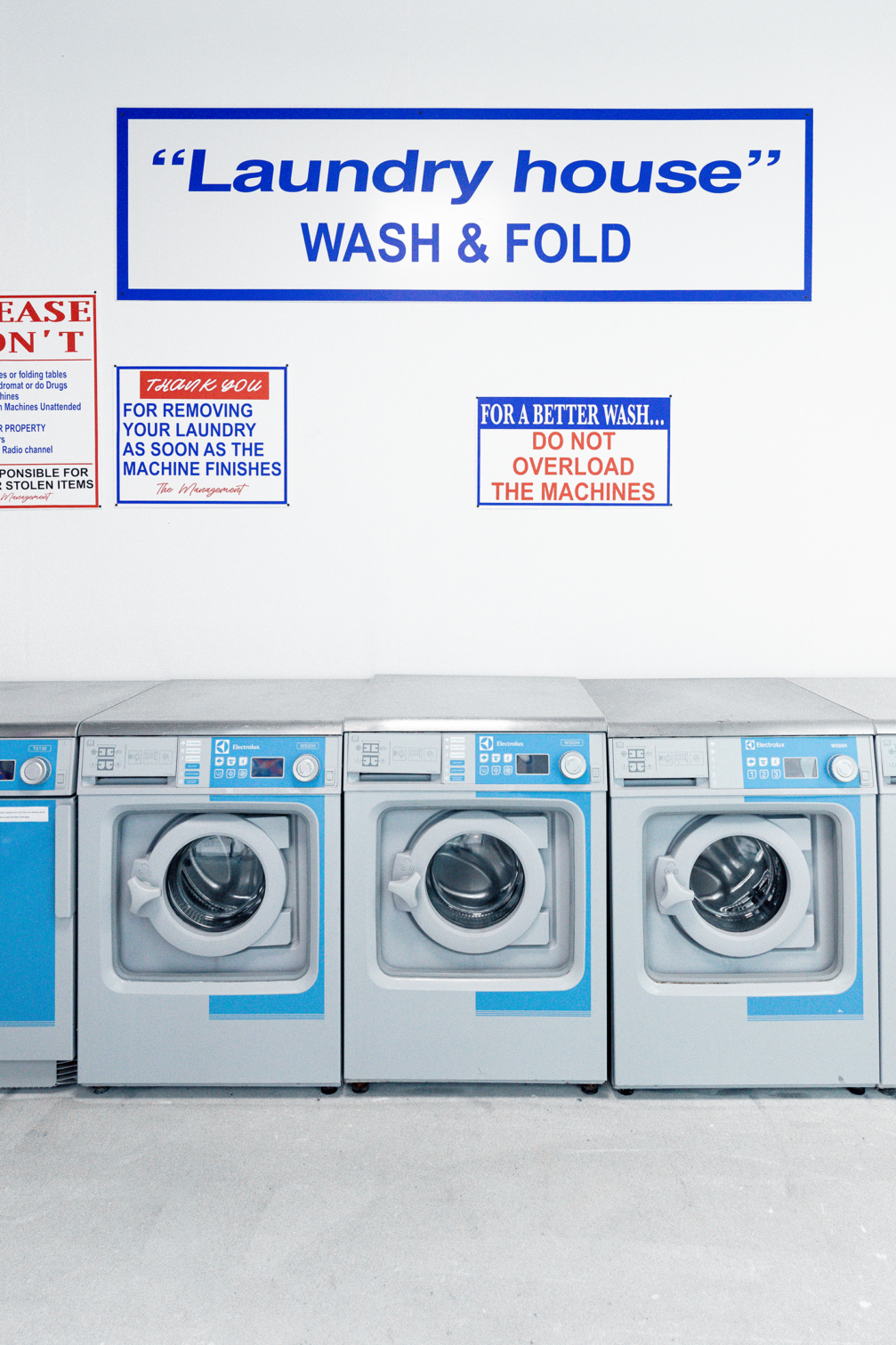
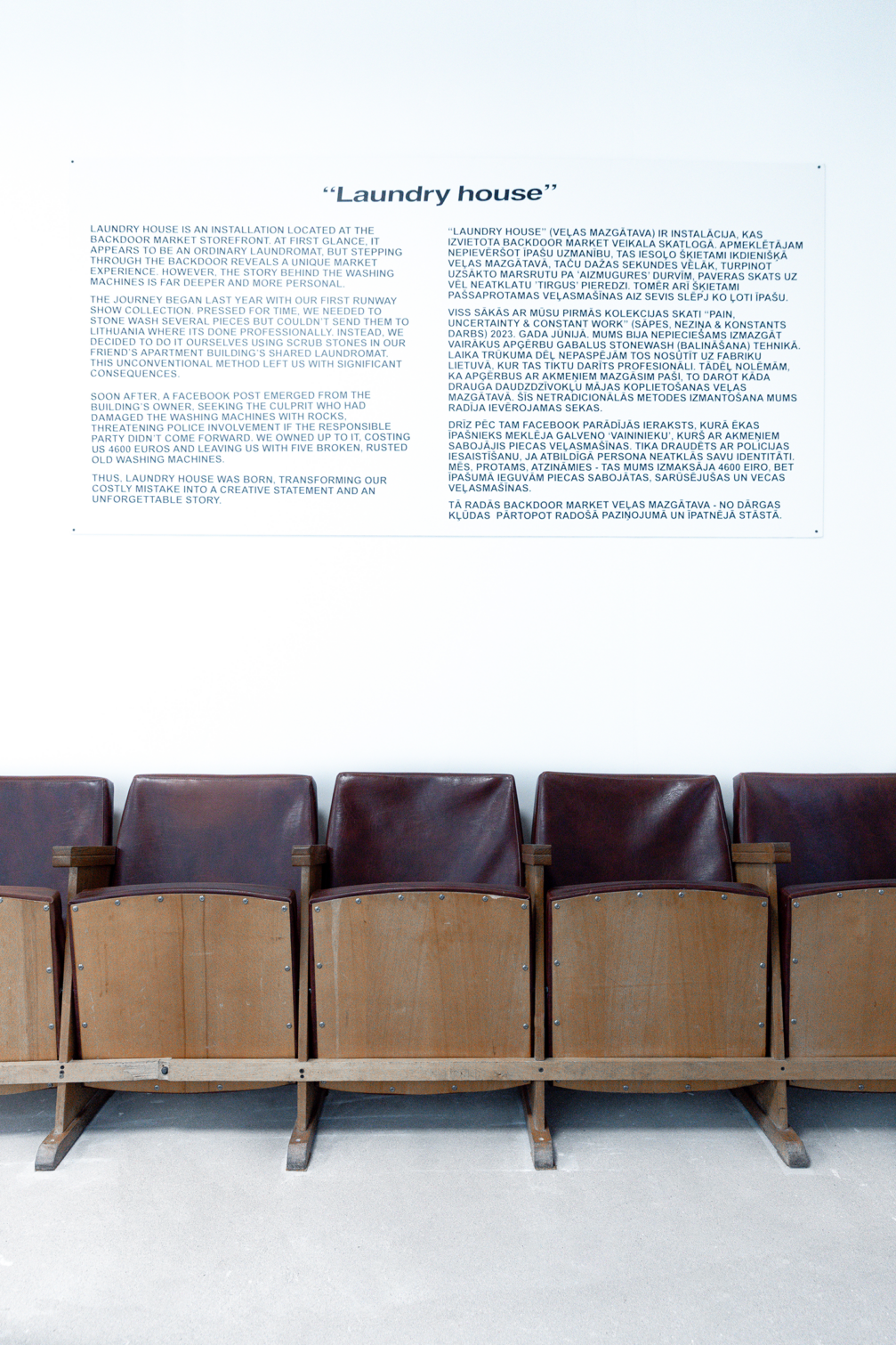
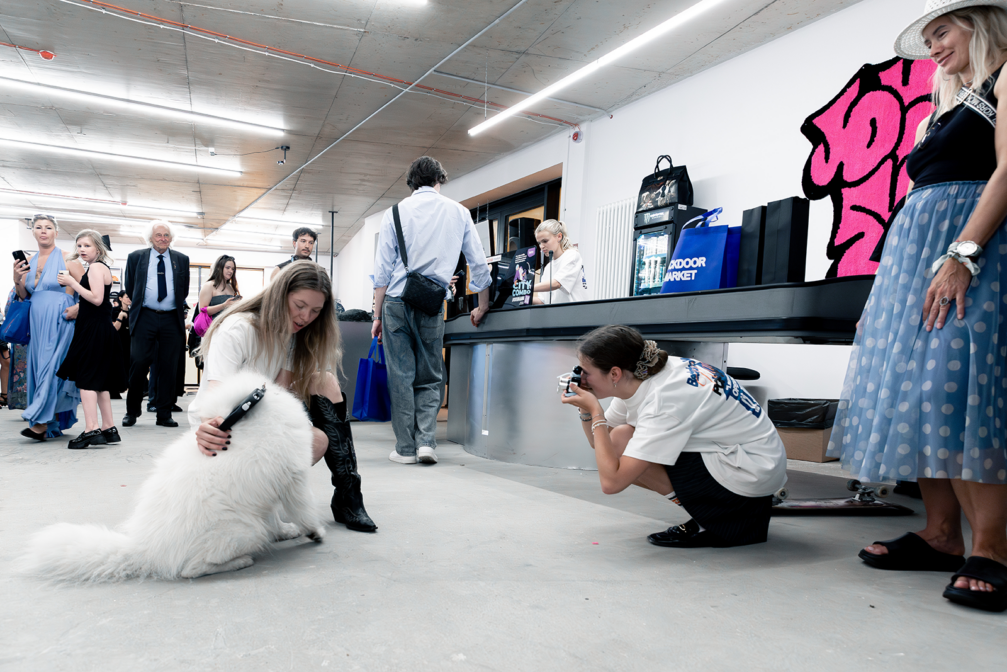
Passing through the laundromat, the visitor enters a shop that could rather be described as an alternative cultural space. On a Friday afternoon, a bunch of 12-year-olds skate here, someone works at the central table, and preparations are underway for the DJ set coming up that evening, for which a new installation is created every week. Here you can get Kalve coffee and other treats to enjoy in the garden terrace. The design of the Laundry House is free and spontaneous, created by Reinis himself with the help of friends and acquaintances. The central concrete table was made by the Backdoor Market team, the shop counter came from the TC Latvija exhibition at the Venice Architecture Biennale, some of the lighting fixtures came from Agnija Grigule’s exhibition, others were purchased by advertisement to save as much money as possible. The skate ramp was designed by Artūrs Bogdanovičs of Mindwork Ramps, and the Laundry Room also hosts free skating classes for children led by Artūrs.
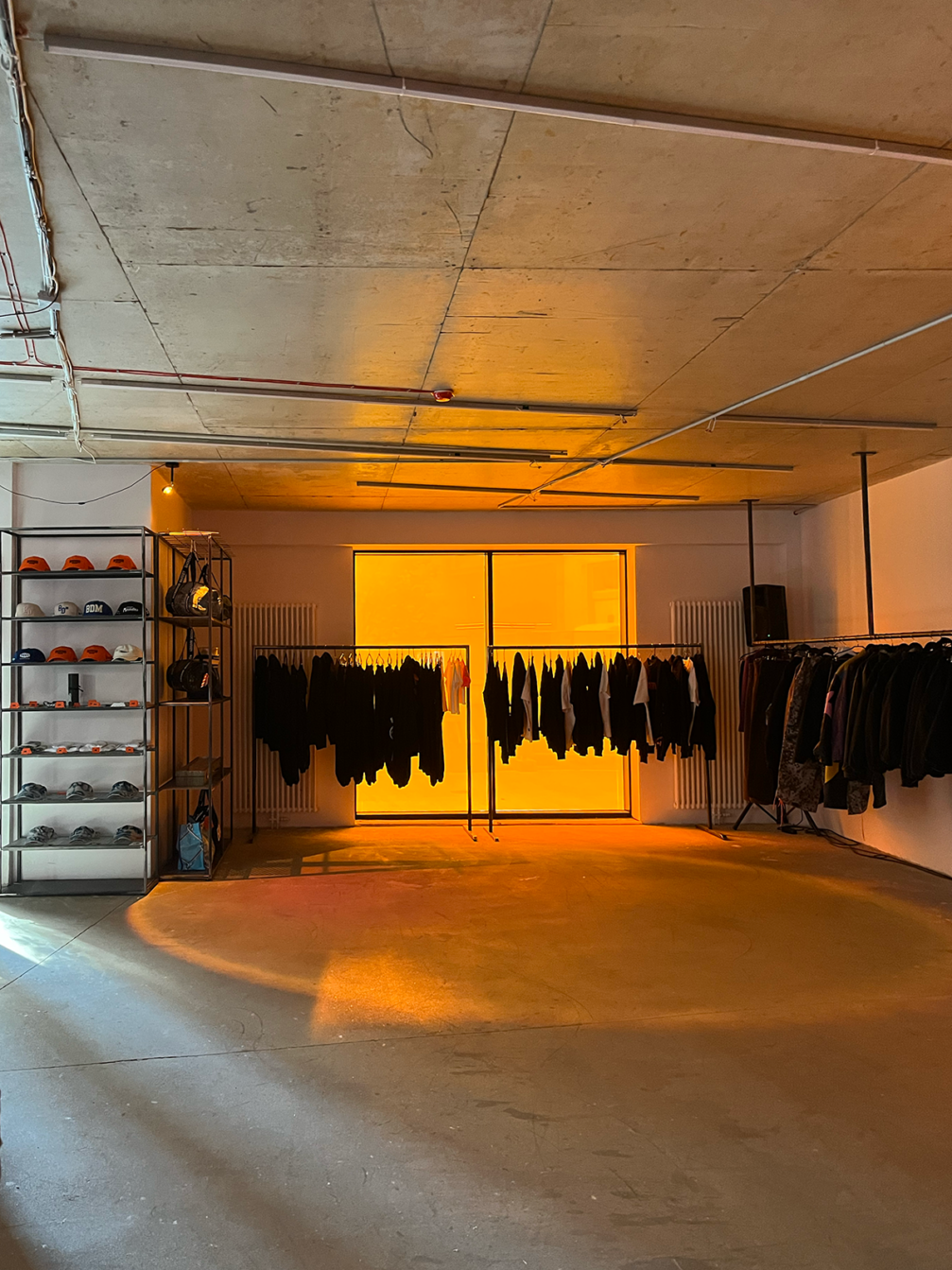
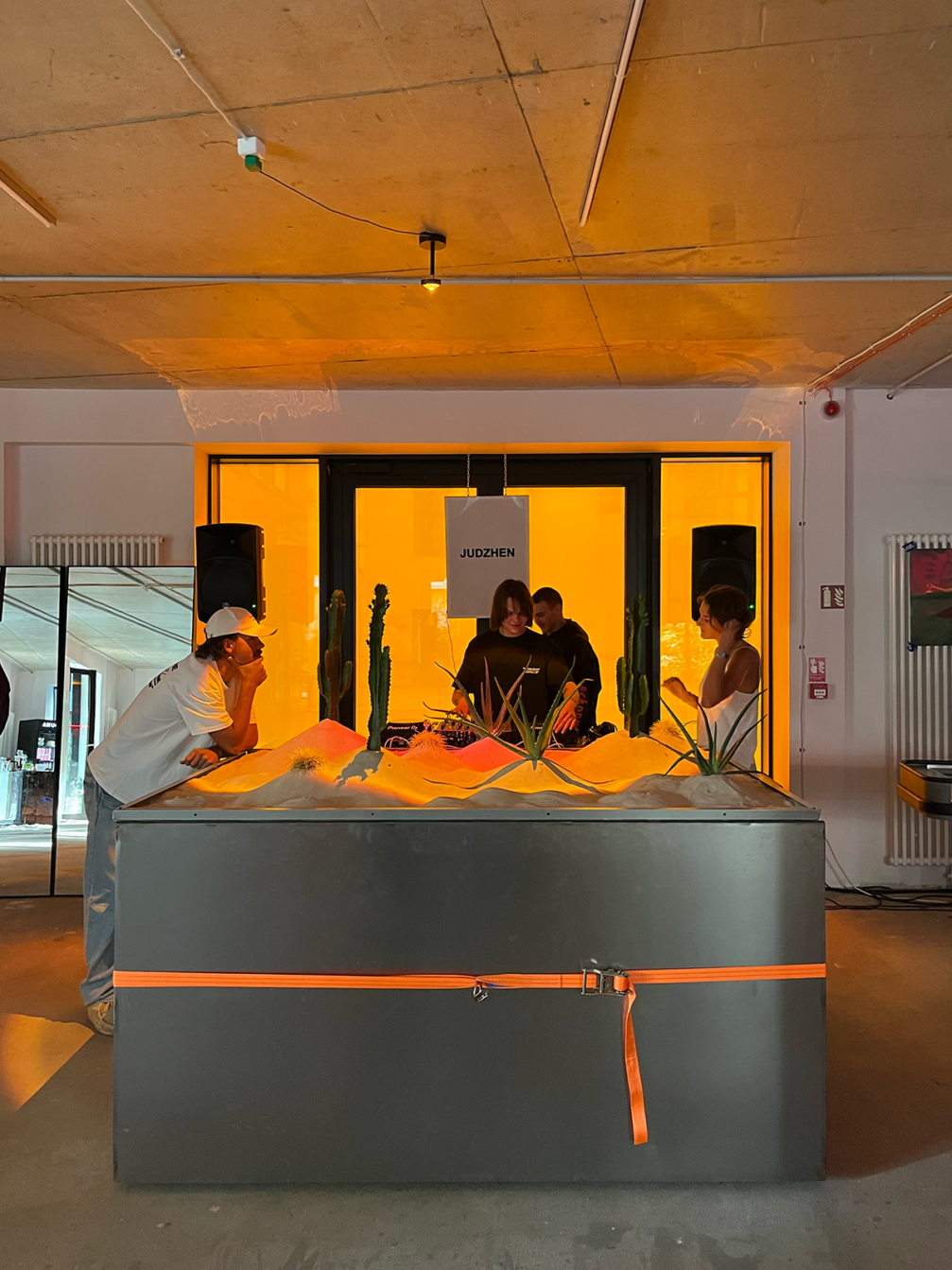
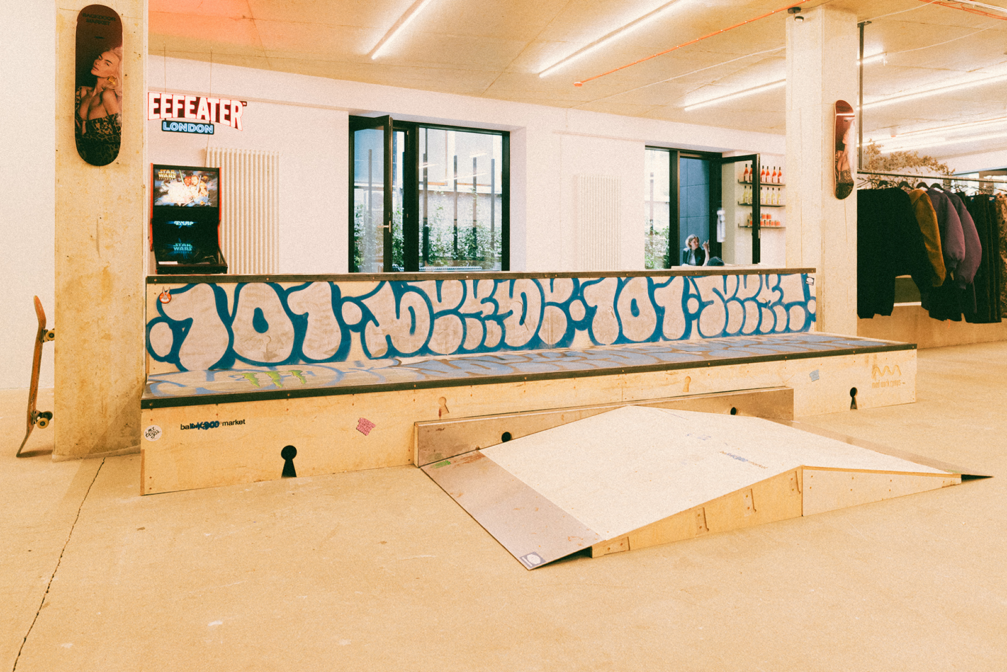
The spirit of collaboration permeates not only the space but also Backdoor Market’s clothing and accessory collection. Alongside the brand’s garments, Laundry House also offers jewellery made in collaboration with RO Studio, a candle holder doubling as an ashtray by artist and designer Aleksandrs Breže, caps by Rotterdam-based brand Negative Feed, and other items that complement Backdoor Market’s clothing collection. The store’s offerings are Backdoor Market’s reflection on historically iconic, regional, and personal symbols that are embedded in the collective memory of Eastern Europe. Laundry House embodies Reinis’s own past experiences: whether it was skating in the local park with friends, watching cartoons on an old TV, or reading about Paris Hilton in the tabloids of the time. A t-shirt with a portrait of the iconic Pamela Anderson is definitely one of this summer’s favourites amongst the stylish people of Riga. Another design features a Backdoor Market tag scribbled over the label of Balenciaga, embodieing the same cheekiness with which Demna Gvasalia once borrowed elements from other brands to create the Balenciaga collections that started the rise of the Eastern European aesthetic in the fashion world.
While Backdoor Market has been known more for unique items made from upcycled fabrics and clothes, the core of the brand’s collection now consists of printed t-shirts and sweatshirts, voluminous jackets, and other streetfashion pieces. Reinis points out that this has made the brand more accessible to a wider audience, opening up more opportunities for growth. Unique products such as a patchwork denim jacket and a painted Birkin bag are also still available. Despite the change in conceptual direction, sustainability remains at the heart of the brand. Backdoor Market’s t-shirts and jerseys are high-quality and responsibly made in Portugal, and the brand strives to operate as waste-free as possible. Reinis points out, however, that he avoids emphasising the word «sustainabilit» in brand’s communications, as he believes this should be the norm. He also adds that fashion cannot be sustainable in itself; the washing machines are also a reminder of how much water is used to produce clothes. The designer does not encourage customers to buy the entire Backdoor Market range but to choose something that is special to them.
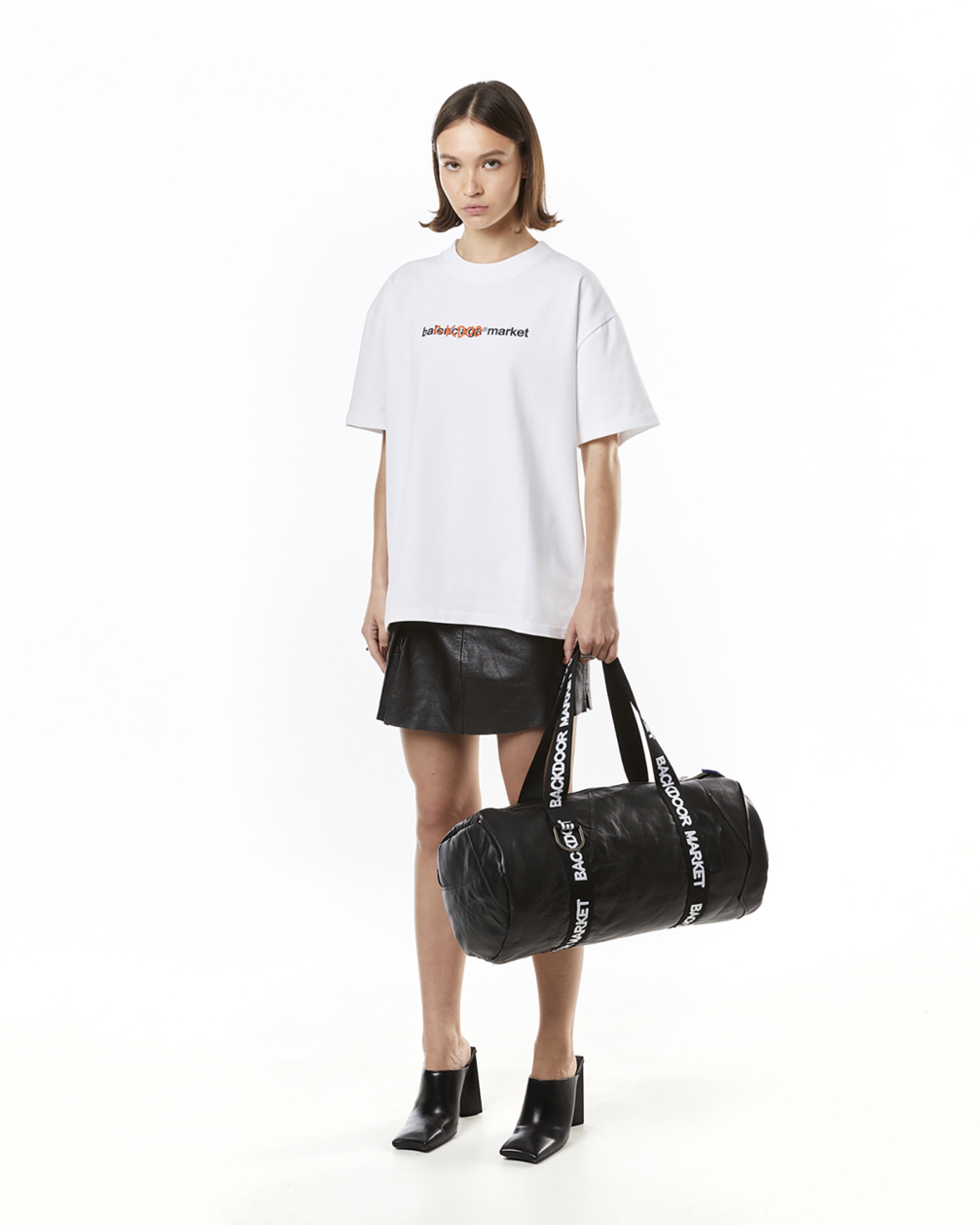
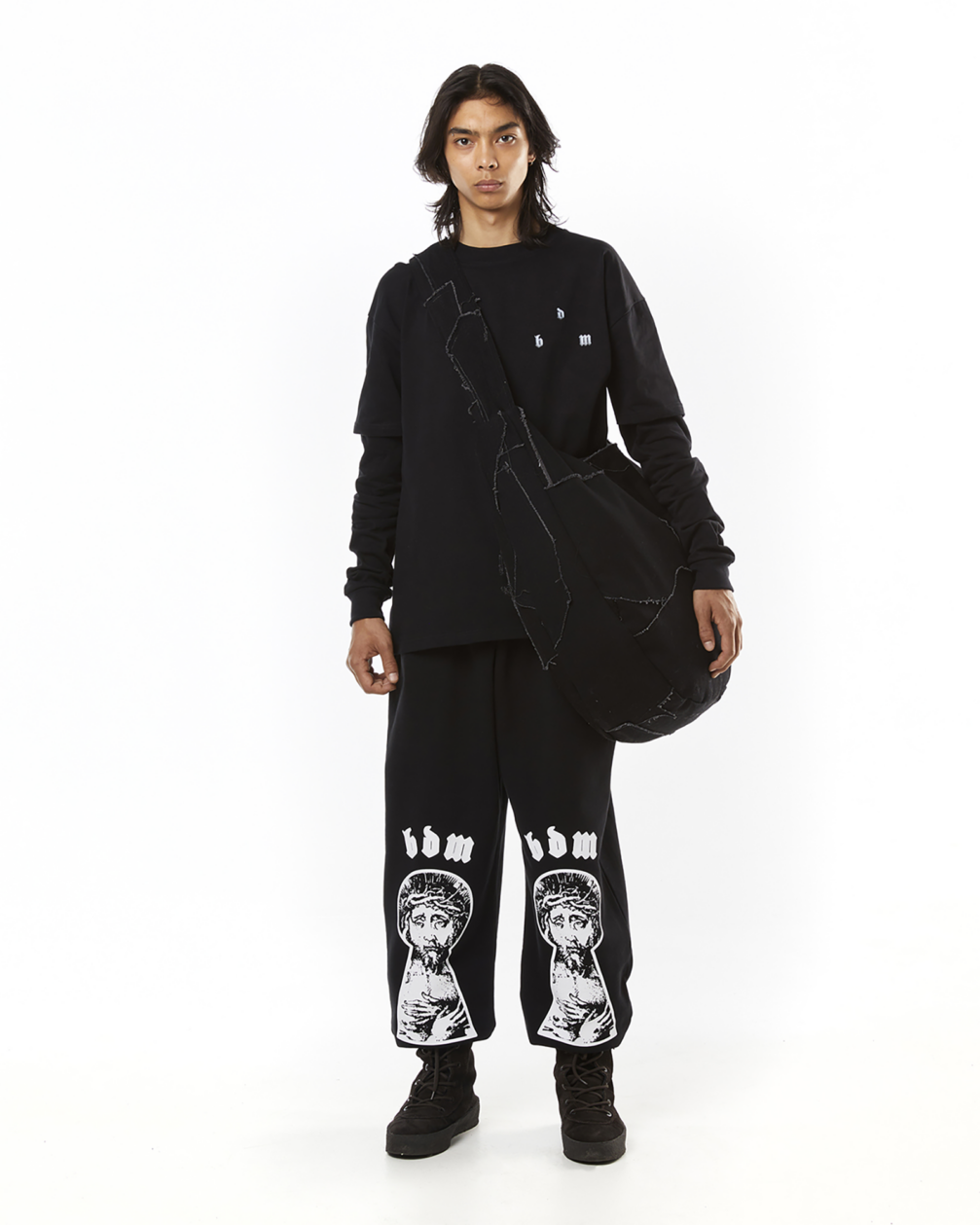
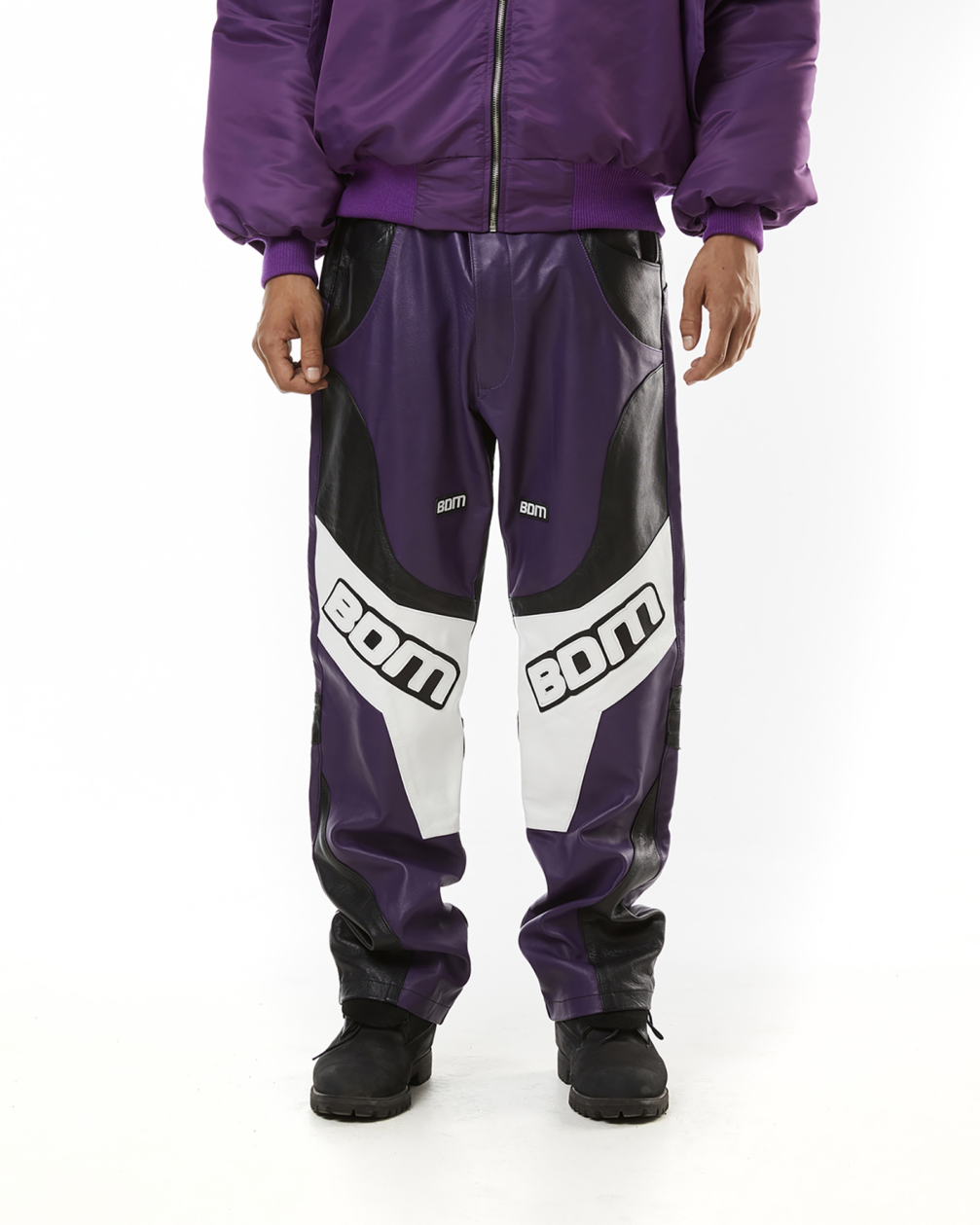
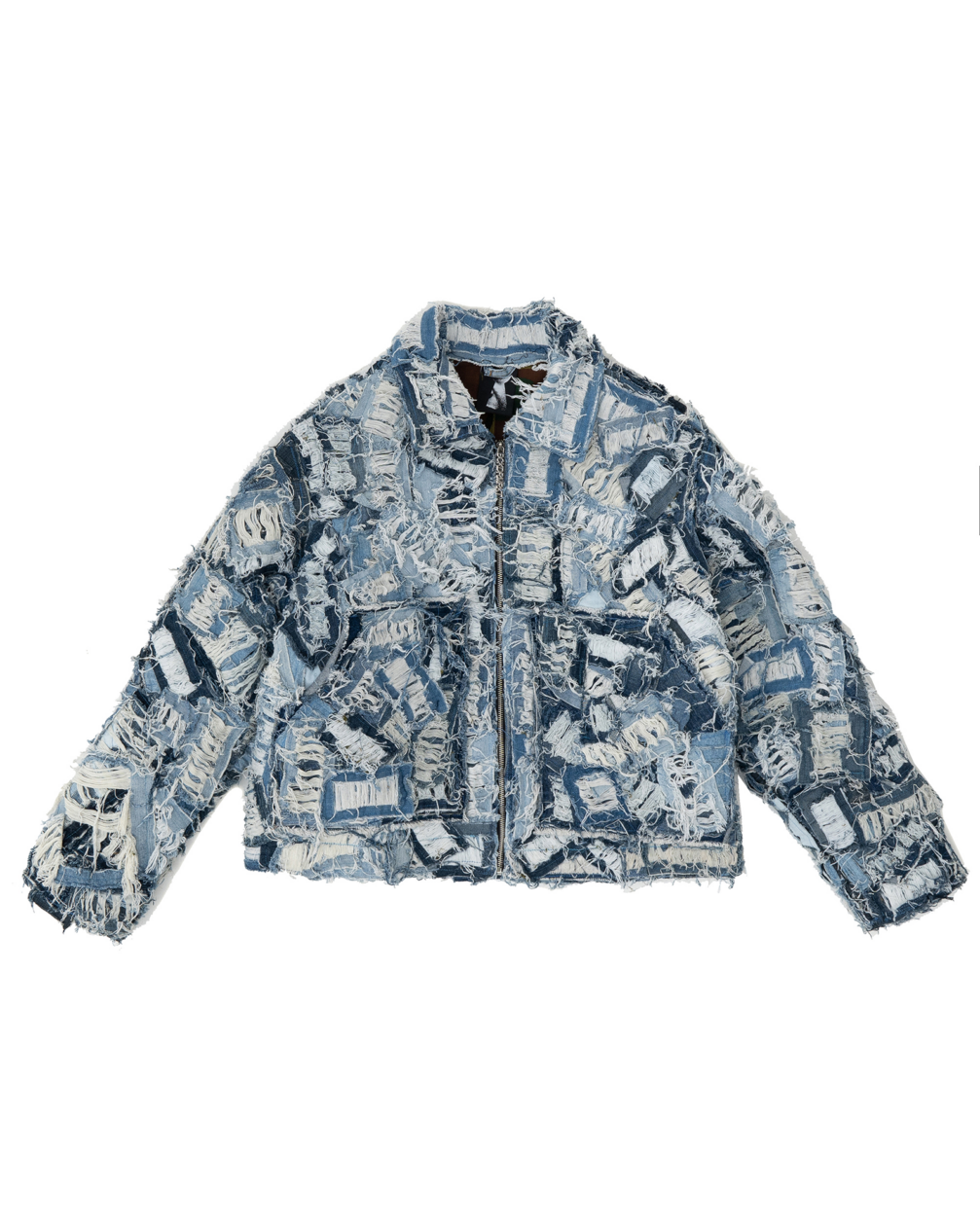
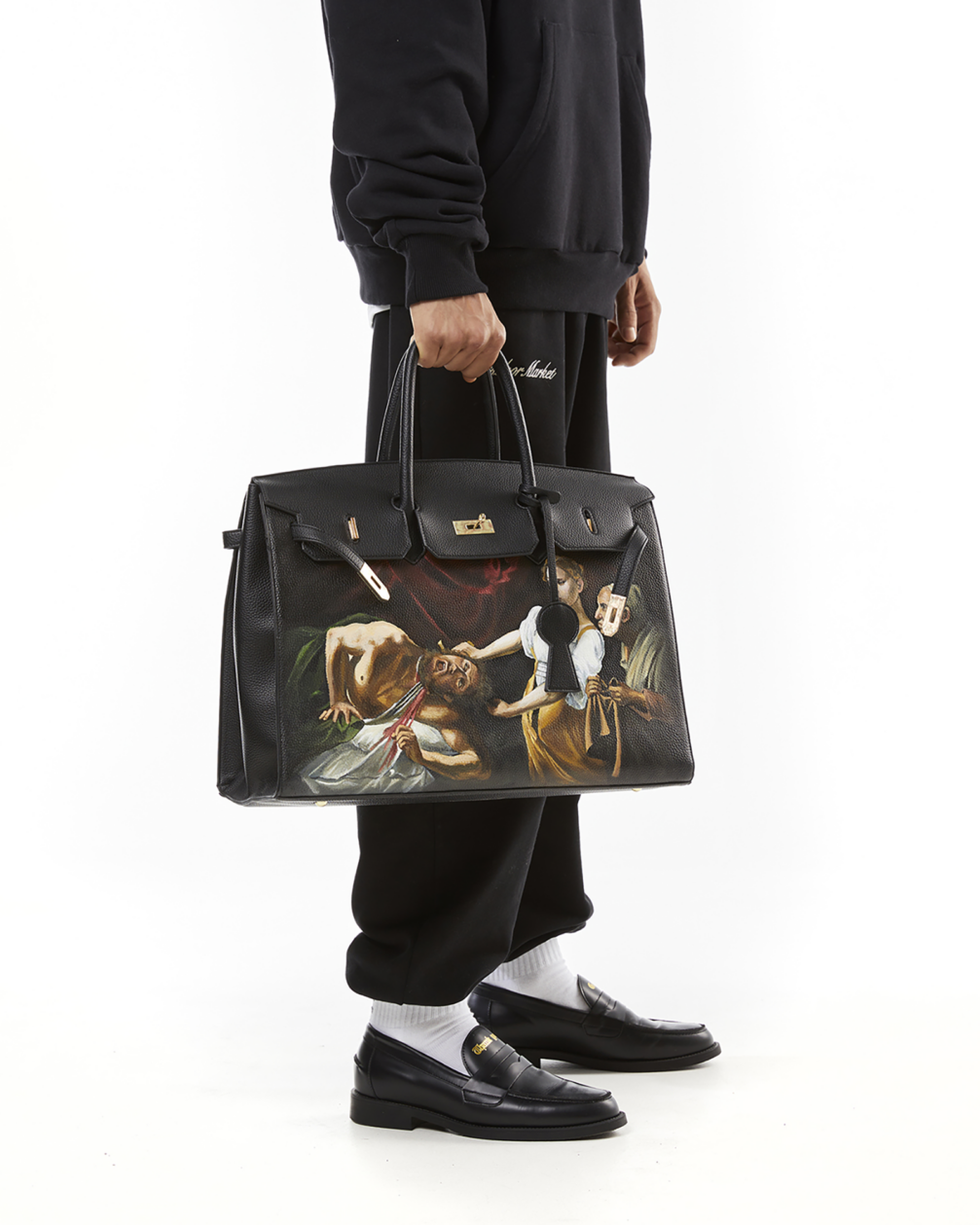
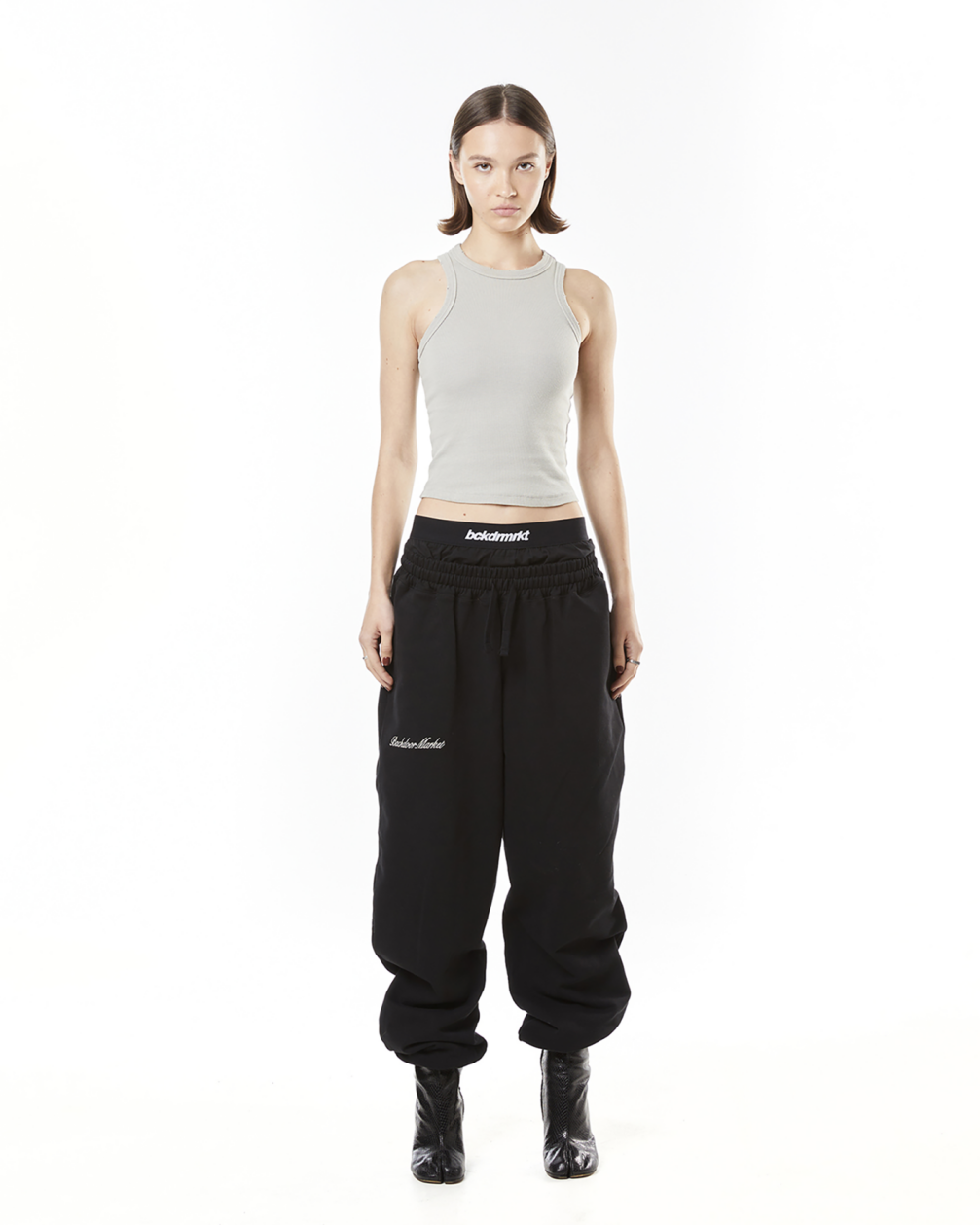
When asked about Backdoor Market’s future plans, Reinis reveals that Laundry House is in a way a pilot project, and the brand plans to open similar concept stores in other parts of Europe. The Backdoor Market range will continue to be expanded with new items, and Reinis aims to further develop the collection by creating silhouettes that are both distinctive and comfortable to wear.
The Backdoor Market x Kalve pop-up space Laundry House is located at Pērses iela 2a, Riga. You can follow the brand’s news on the Backdoor Market website and Instagram.
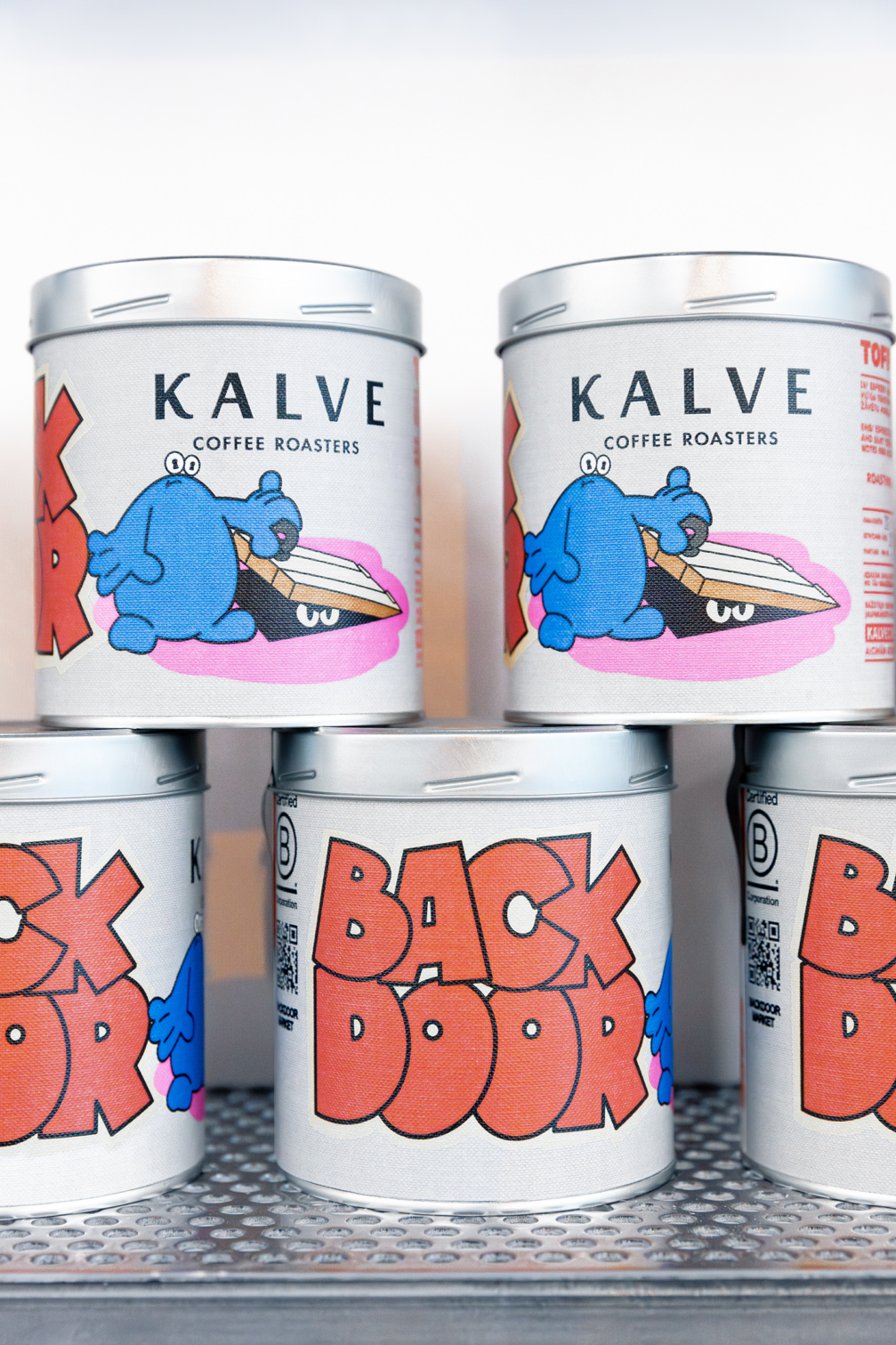
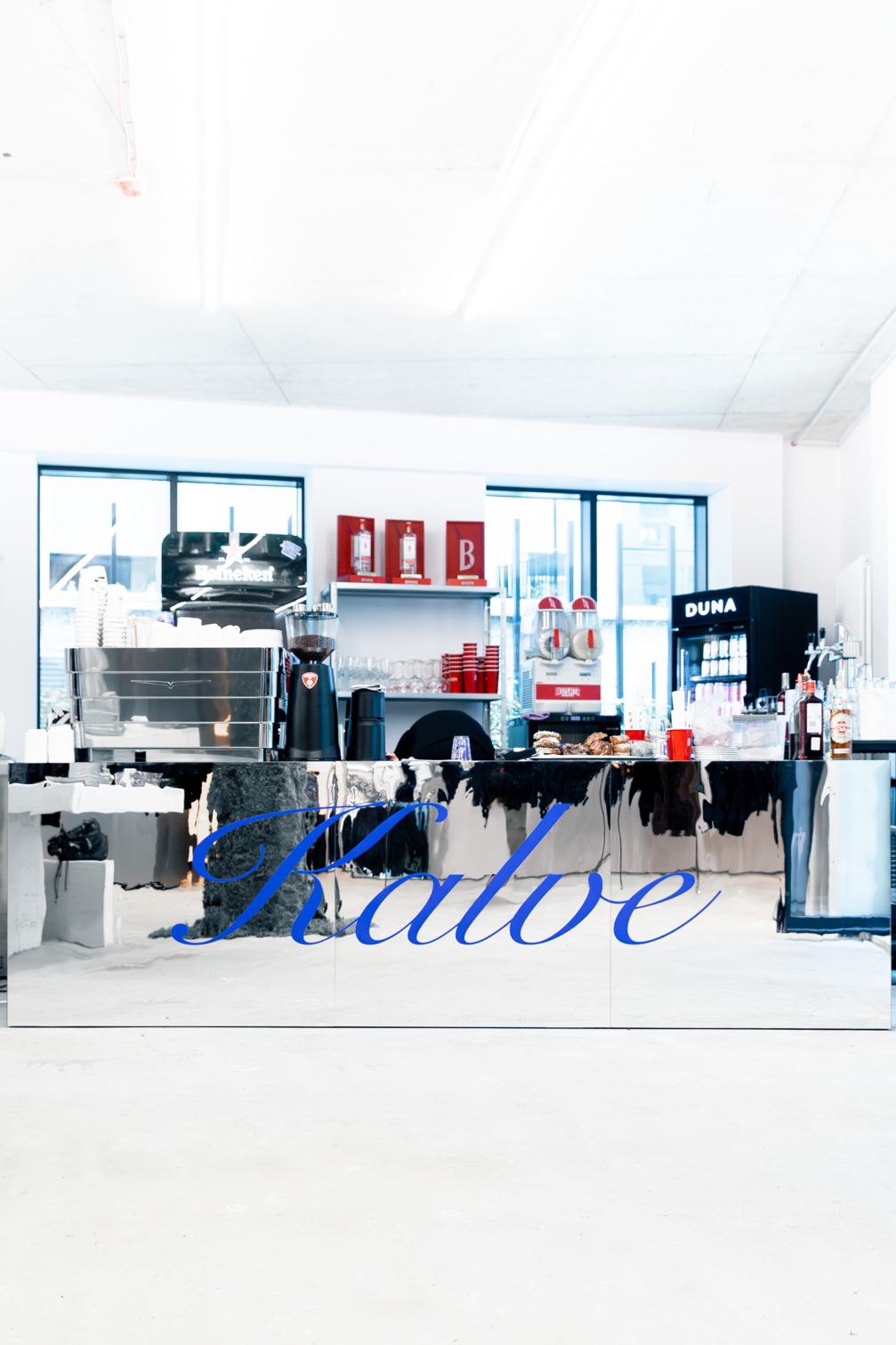
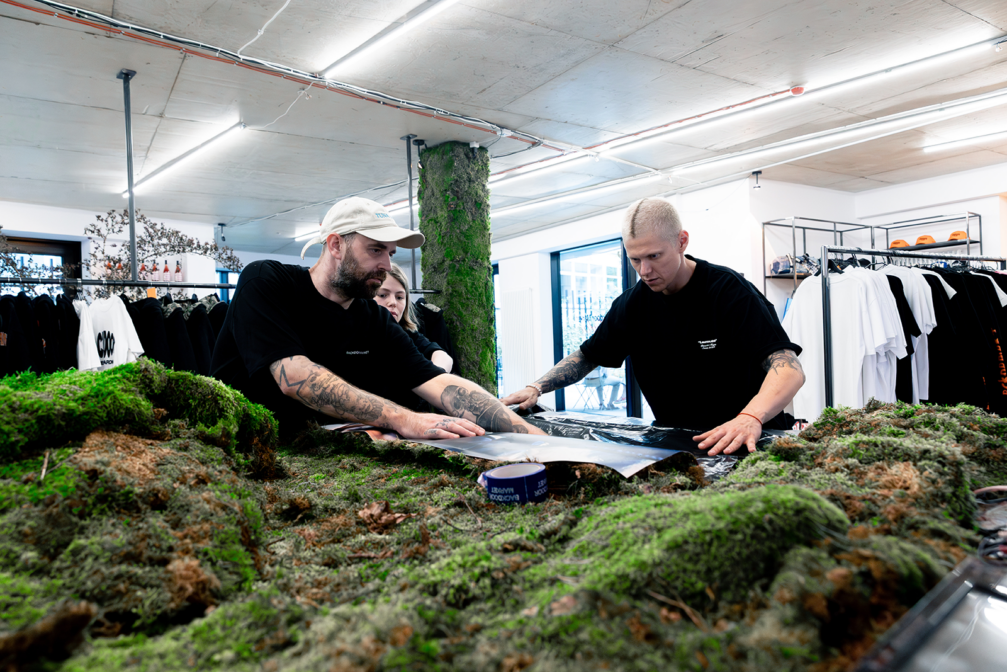
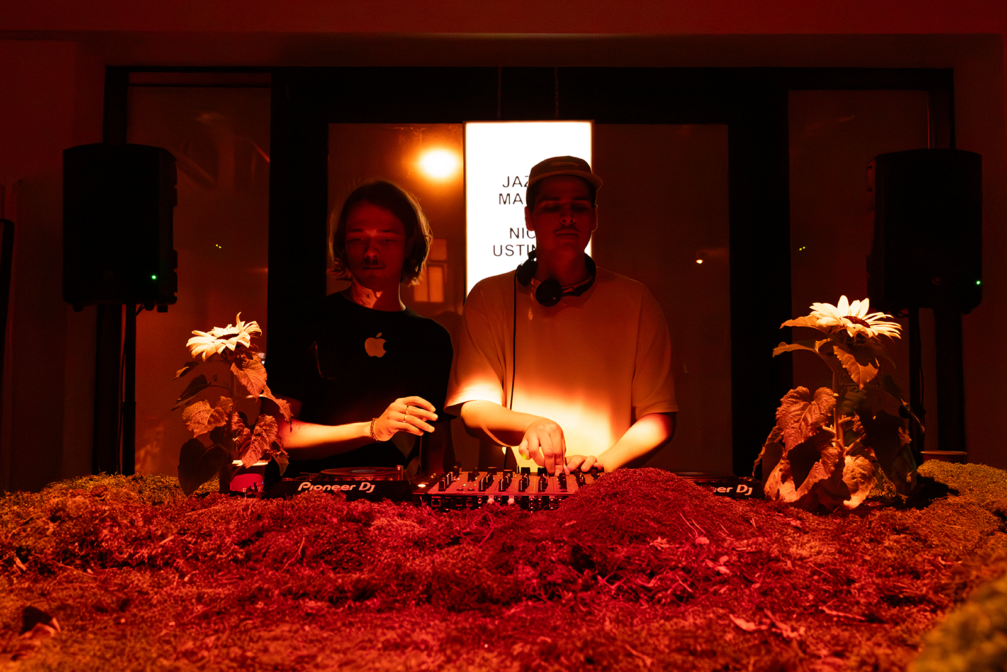

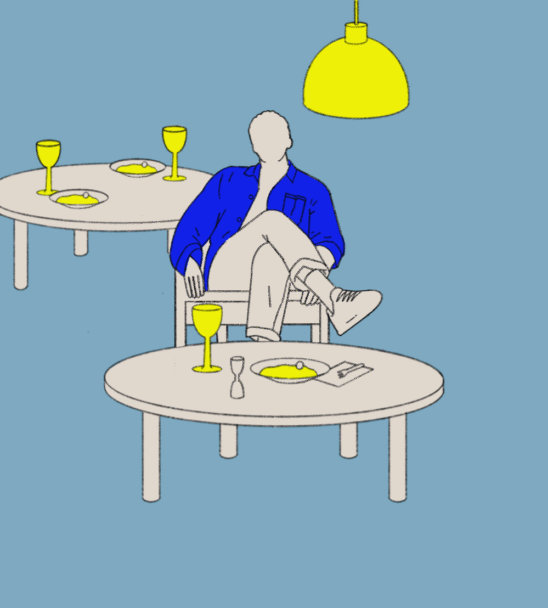
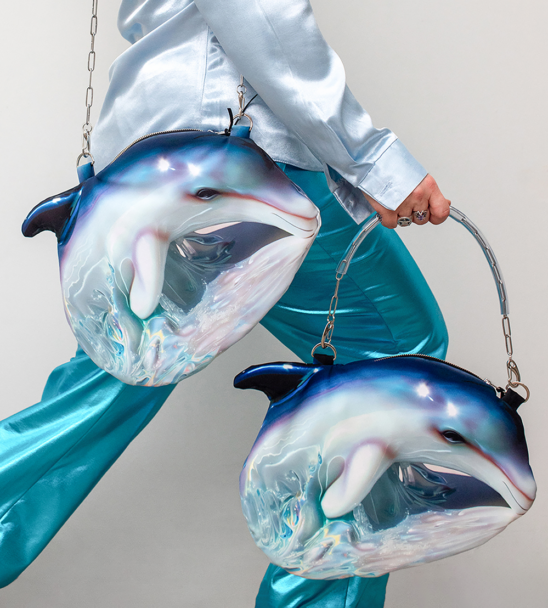
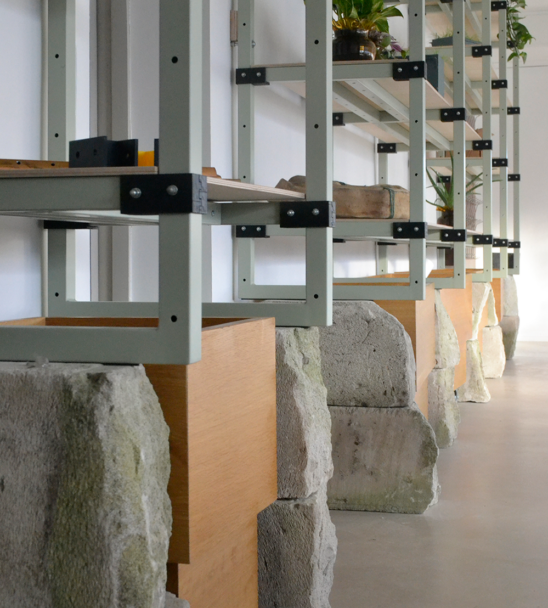
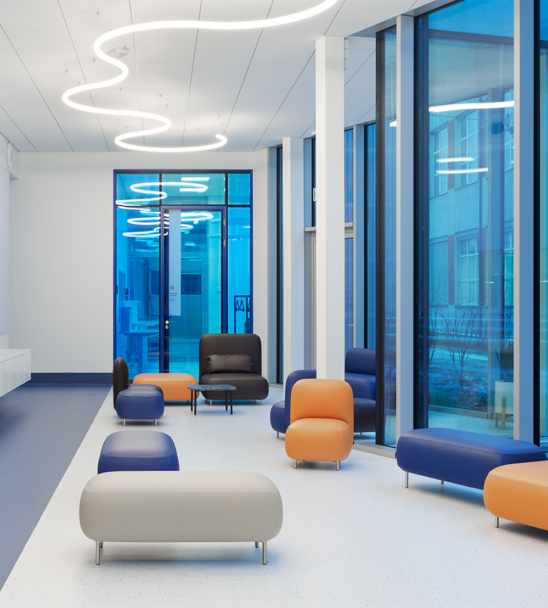
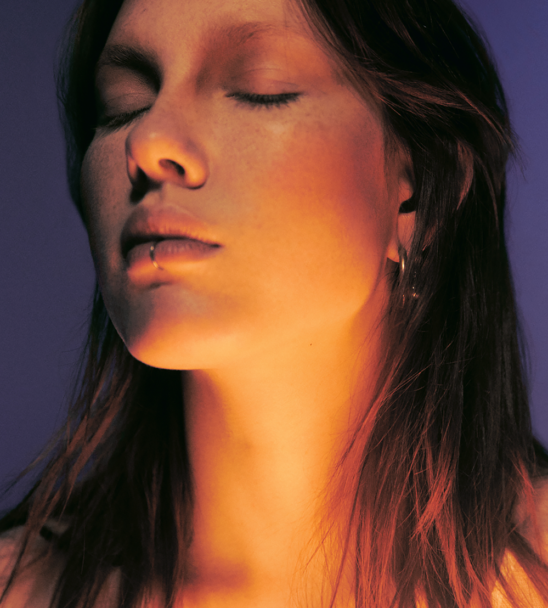
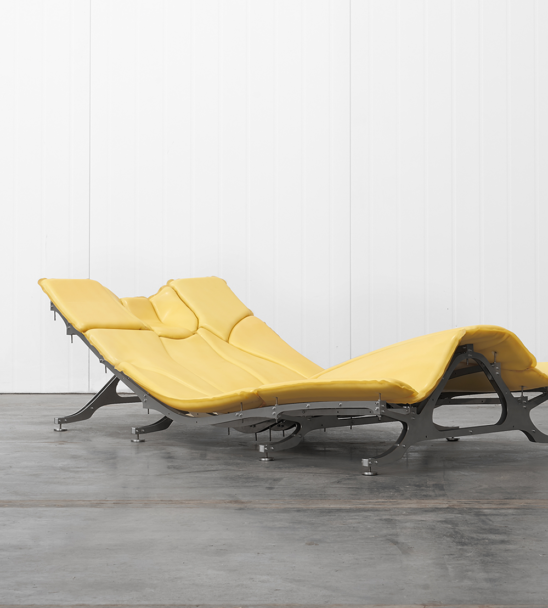
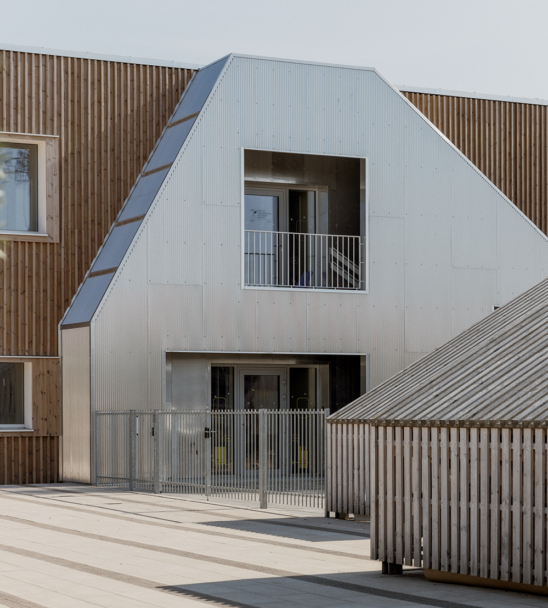
Viedokļi